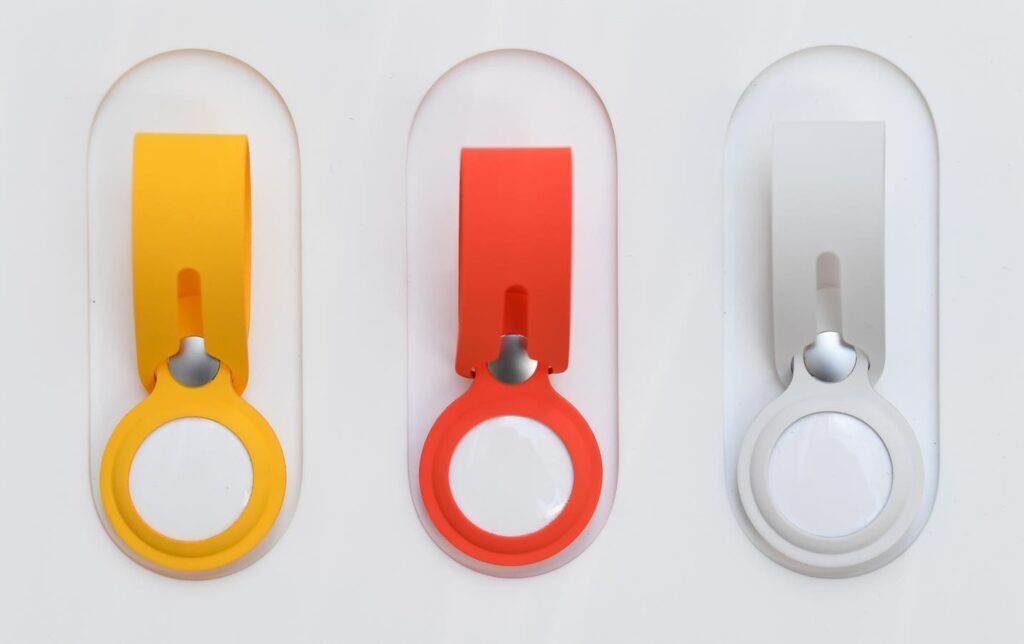Apple's AirTags get new anti-tracking protection in iOS 17.5. AirTags' new features have been a long time coming, following reports that Apple's small devices are being used to stalk and track people.
So what are the problems with AirTags? What new features has Apple introduced to address this? And how can you protect yourself from being tracked?
Apple's AirTags problem
AirTags are great devices that can track items like your keys or your dog so they don't get lost. AirTags uses Apple's Find My Network. This allows you to track your device via your iPhone and know its location.
But the tracking capabilities of Apple's AirTags mean they can also be used to stalk and track people when they don't want them to. For example, you can slip an AirTag into someone's purse or vehicle.
Last year, more than 30 people filed a class action lawsuit alleging they were terrorized by stalkers using air tags. The complaint alleges that air tags are “one of the most dangerous and terrifying technologies used by stalkers.”
AirTags are useful for people who want to track someone because of their low cost and easy availability. Jake Moore, global cybersecurity advisor at ESET, said surveillance devices such as eavesdroppers and trackers have been kept underground for a long time and are often expensive. “When Apple released his AirTag, it gave all users tracking capabilities easily and at almost no cost.”
Another problem with AirTags is that they weren't designed with privacy and security in mind. “AirTag is small and works with large networks of other users, but it was designed without privacy or physical security in mind,” Moore says. And if devices are manufactured without strong protections built in from the start, it's often difficult to keep them up to date with updates, he says.
Apple introduced an anti-stalking technology that uses the iPhone's alert system to help users detect when unknown AirTags are tracking them. Yet another big issue with AirTags is the lack of integration with non-iOS operating systems such as Google Android. This means that non-Apple trackers may go unnoticed on his iPhone.
This is something that is being addressed through the recent partnership between Apple and Google.
New iOS 17.5 AirTag anti-tracking feature
The new iOS 17.5 AirTag anti-tracking feature is a direct result of the partnership between Apple and Google that was first announced last year. The proposed industry specification wants to ensure that Bluetooth location tracking devices are compatible with unauthorized tracking detection and alerts across iOS and Android platforms.
According to the press release, it actually goes much further than that, allowing iPhone users to detect tracking devices from other vendors as well (like Samsung and Tile). Tracking protection works both ways. Android users will now be able to better detect if AirTags are tracking them through a close partnership between two smartphone giants.
“When tracking devices are so easily available, the protections put in place need to work together and be as easy to set up as they are to set up,” Moore says.
A new iOS 17.5 feature alerts iPhone users if they have unknown Google tracking devices, not just AirTags. The string added to the Find My app looks like this: “This item is not certified on the Apple Find My network. You can disable this item to prevent it from sharing your location with its owner. To do this, the manufacturer of this item Please follow the instructions provided on our website.”
AirTag anti-tracking protection is an ongoing issue and must be constantly monitored. “Until new devices are designed with better safety measures built into their design, future updates will need to be continually rolled out to keep all users safe,” Moore said. .
Criminals often find new ways to circumvent these protections, so it's clear that Apple and Google need to continue to respond to new attack vectors using AirTags. However, the new partnership and resulting tracking prevention feature in iOS 17.5 is certainly a good start.
follow me twitter Or LinkedIn.


